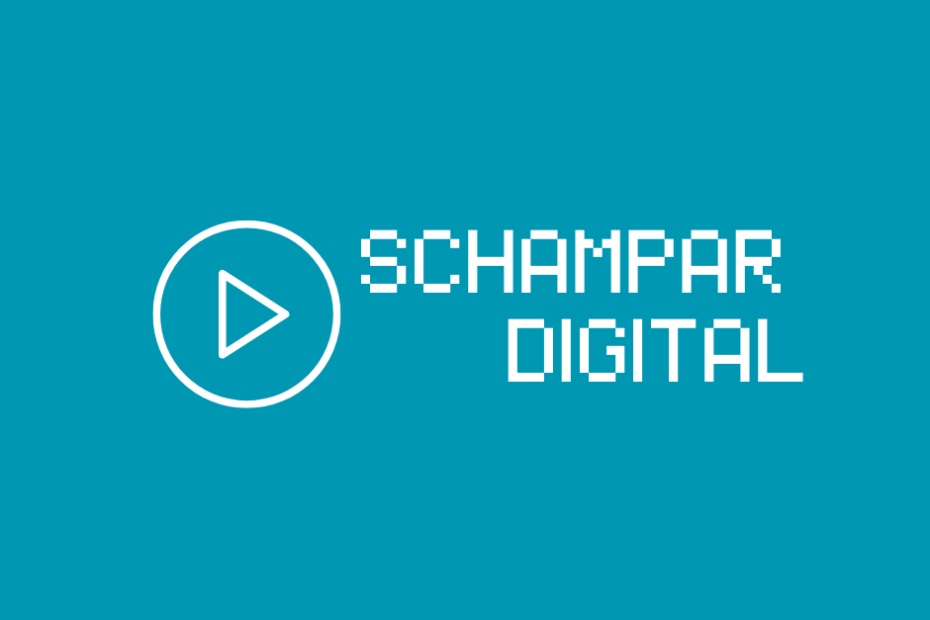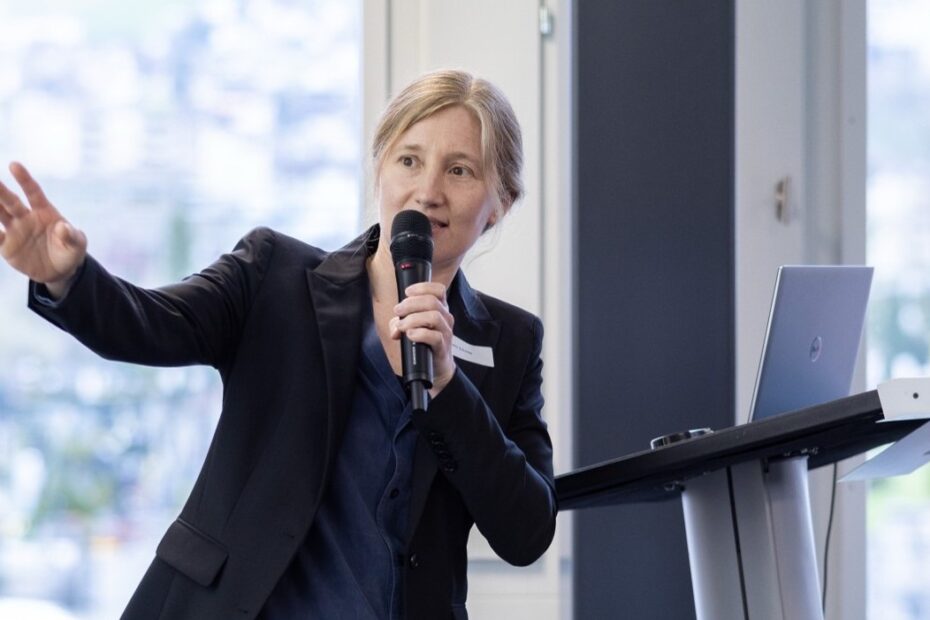Project closure Apollolytics: Automated Propaganda Detection in the Browser
The research project on combating propaganda and disinformation in digital media has been successfully completed. As part of the project, the browser extension Apollolytics was developed to help users recognize and critically evaluate propagandistic content in online news. The tool uses large language models (LLMs) to identify propaganda techniques and… Read More »Project closure Apollolytics: Automated Propaganda Detection in the Browser









